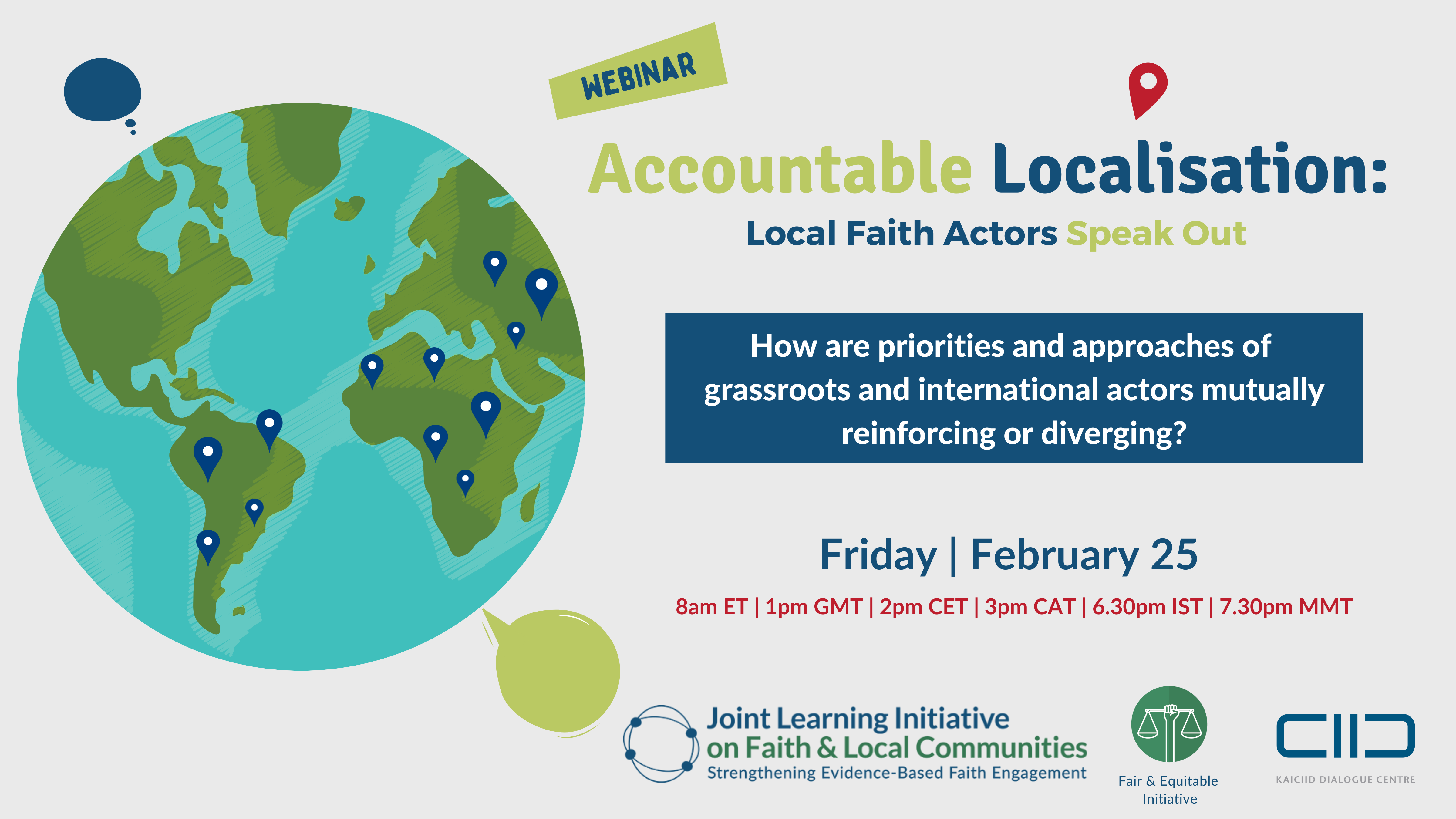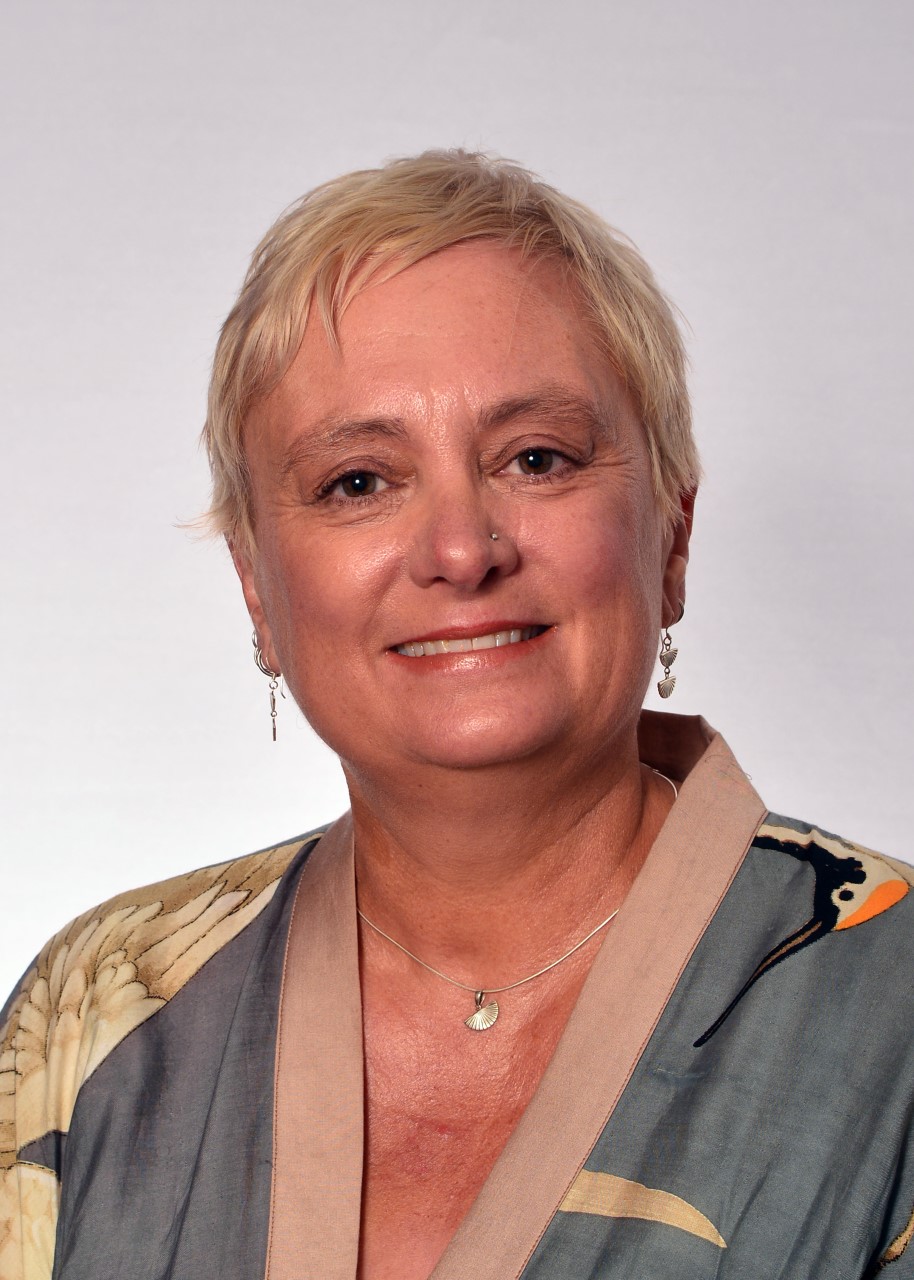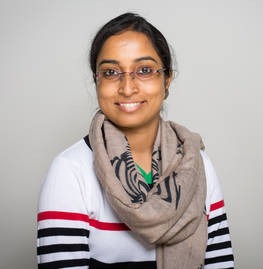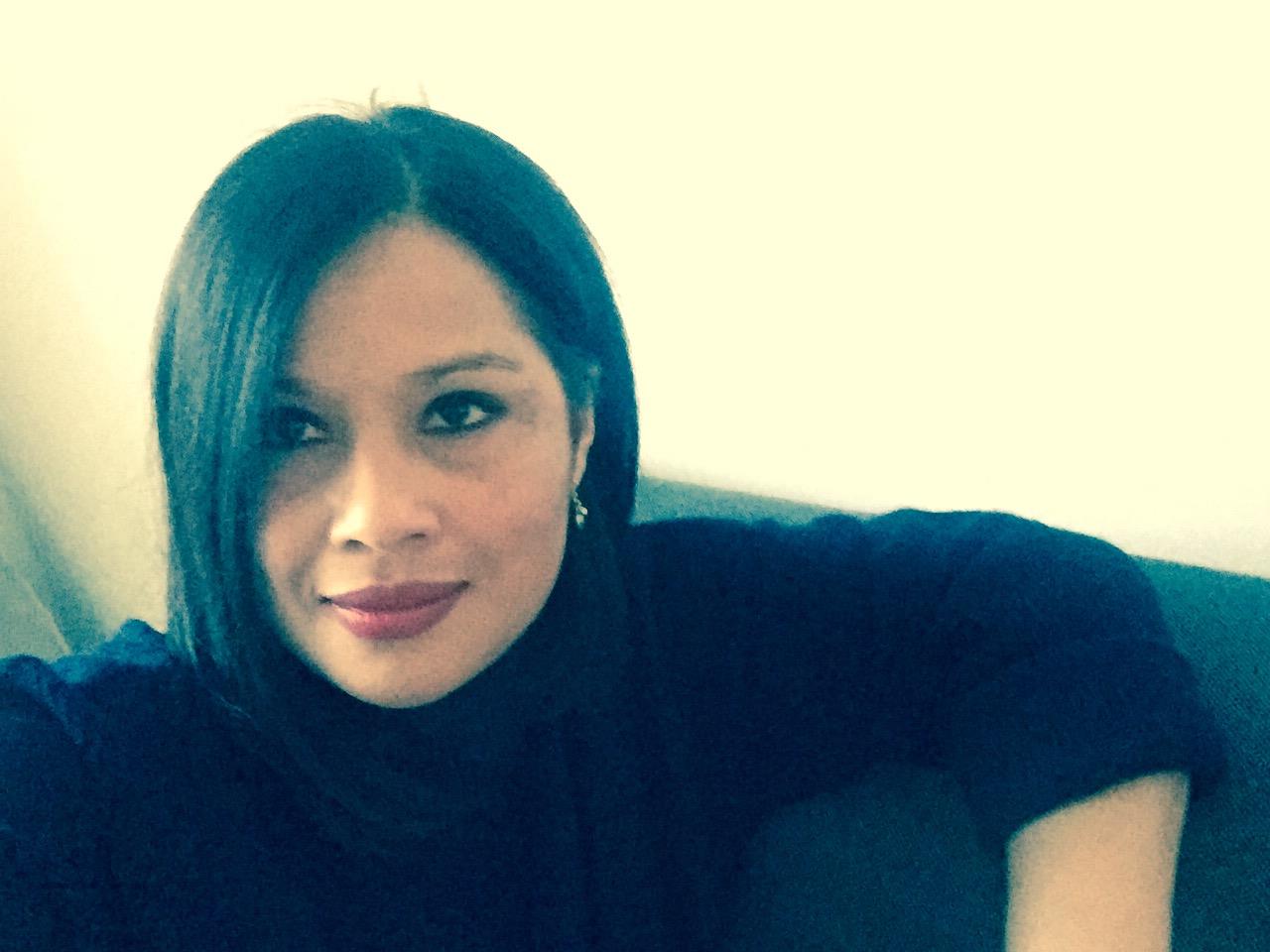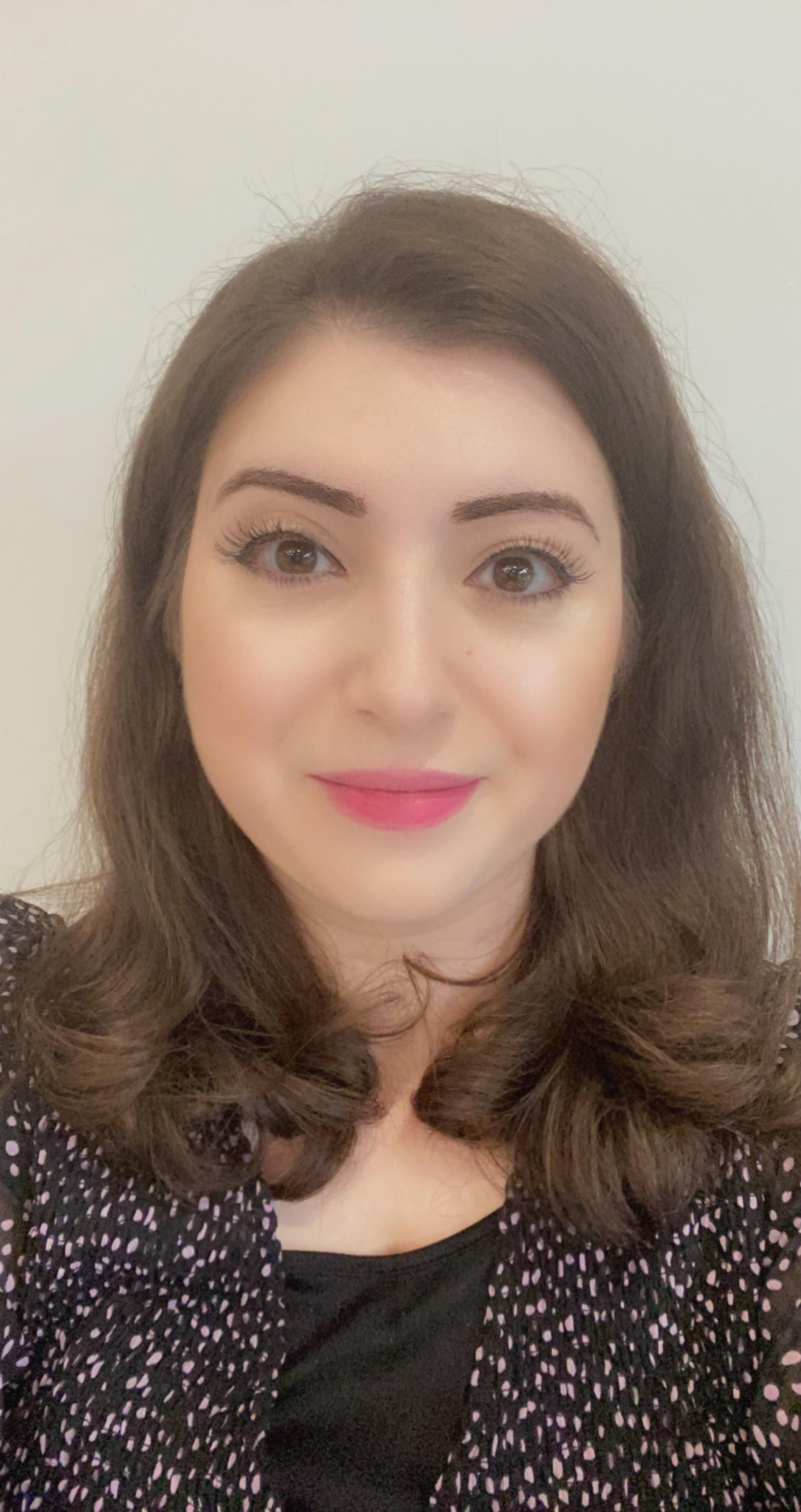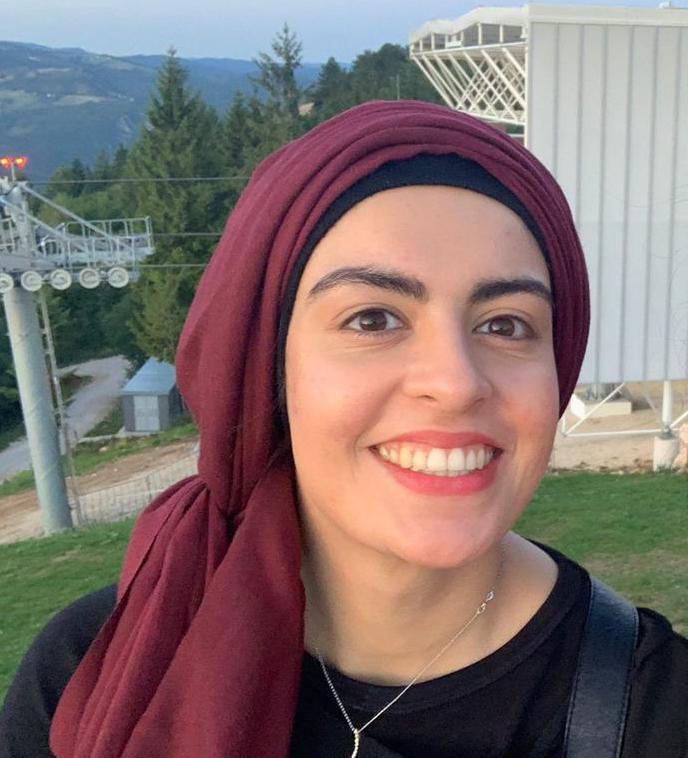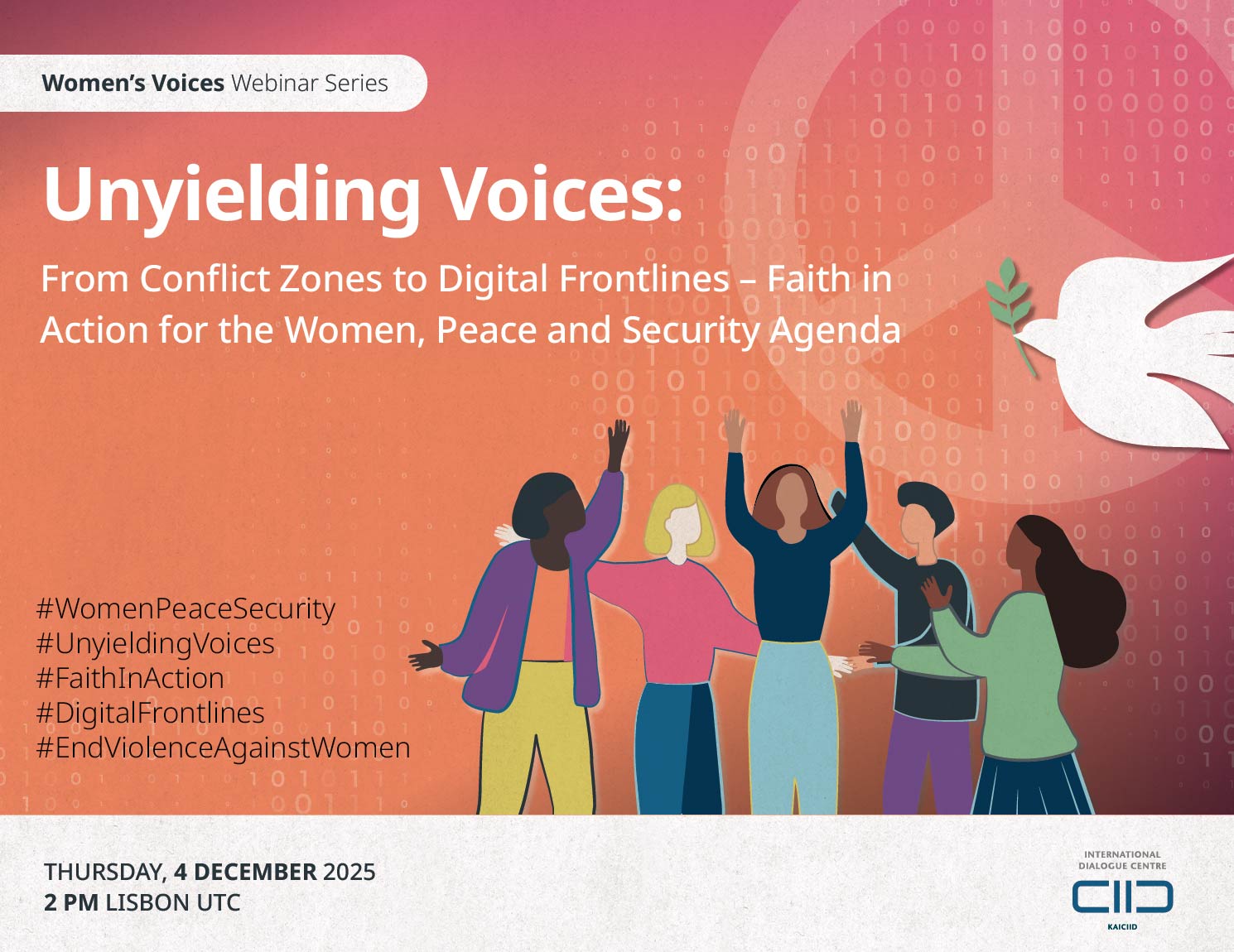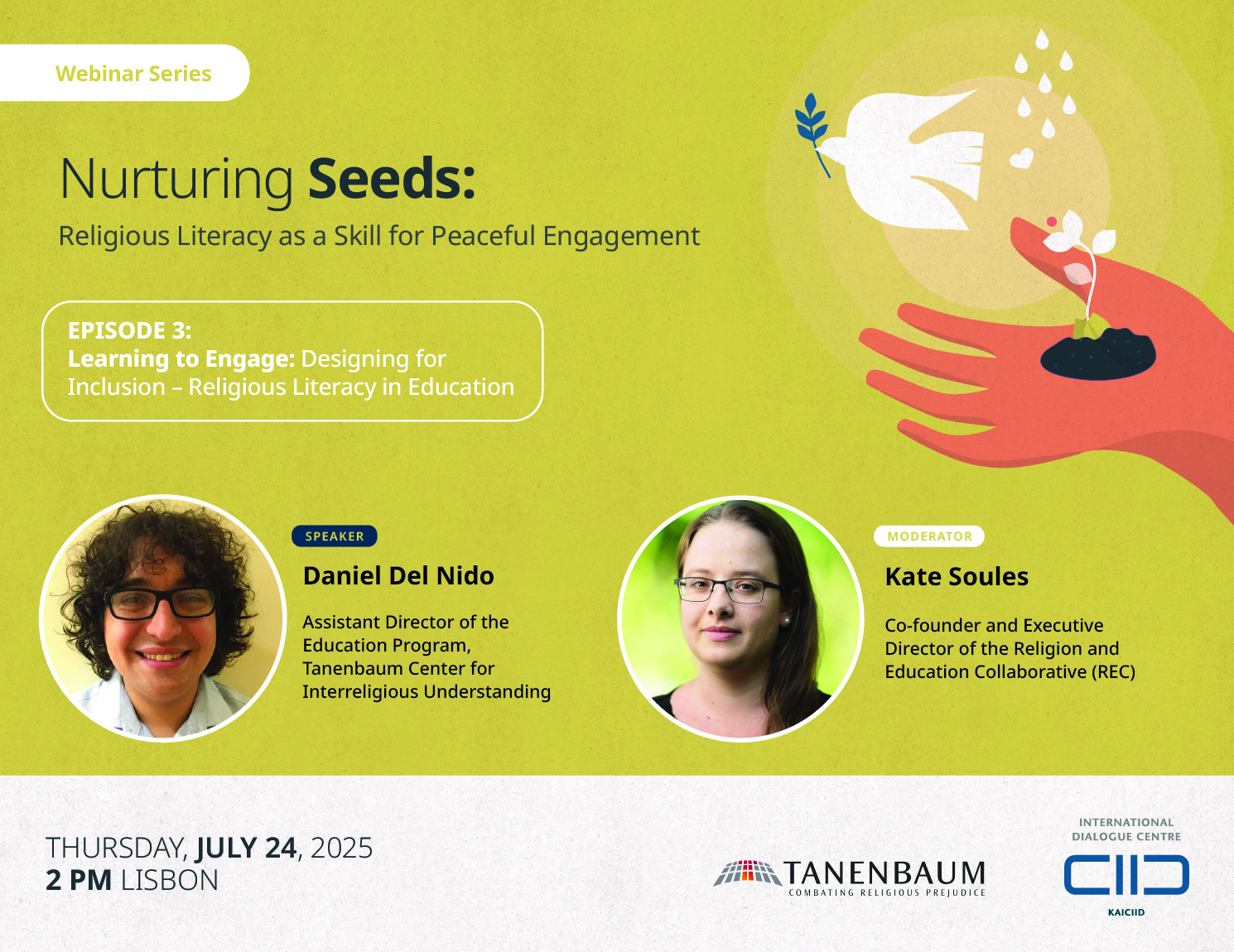Mrs. Zabib Musa Loro is a South Sudanese young woman leader. She is the Founder and Executive Director of Islamic Development and Relief Agency (IDRA) and representative of the NNGOs in the humanitarian Coordination Team. Mrs. Zabib is an accomplished senior manager, human rights and gender activist, and researcher/mentor/psychosocial support expert. She is also the Chairperson for the Network of Aids Service Organizations in South Sudan (NASOSS) and Deputy Chairperson of EANNASO.
With 7+ years of experience in building organisations and operational infrastructures in various NGOs, Mrs. Zabib provides strategic guidance and oversees project implementation and documentation. With most of the work focused on conflict affected populations, SGBV survivors, people living with HIV and war children in several South Sudan communities.
Mrs. Zabib holds a Master’s degree in Human Rights and Local Governance and a Bachelor’s in Human Resource Management from Makerere University. She also holds multiple diplomas and certificates in community focused development studies, business administration, project strategic planning, resource mobilization, data analysis and collection, security training, and basic management skills.

